Best Surgical Oncology Hospitals in India
Best Surgical Oncology Hospitals in India are globally recognized for delivering advanced, comprehensive cancer care through surgical excellence. These hospitals combine highly skilled oncologists, advanced technology, and patient-centric care to treat a wide range of cancers, including gastrointestinal, lung, head & neck cancers, as well as offering specialized expertise in breast cancer surgery.
India has become a preferred destination for surgical oncology due to the 60–70% cost savings compared to Western countries without compromising on quality. The leading hospitals in this field offer advanced minimally invasive procedures, including laparoscopic and robotic-assisted surgeries, aimed at reducing recovery time and surgical risks. Equipped with best operating theaters, image guided systems and robotic surgery platforms, these hospitals are also accredited by internationally recognized healthcare organizations such as JCI and NABH, ensuring that patients receive care that meets or exceeds global standards. Treatment success in surgical oncology depends on cancer type, stage and individual health factors, but India’s top hospitals consistently report high success rates thanks to their multidisciplinary approach and adherence to global treatment protocols.
International patients benefit from personalized treatment plans, multilingual support, faster recovery periods and hassle-free travel and visa arrangements. With a strong focus on affordability, innovation and compassionate care, the Best Surgical Oncology Hospitals in India continue to attract patients from across the world.
Get a free cost estimate
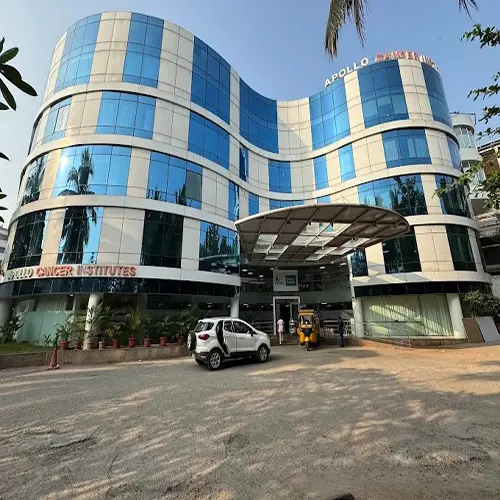
Apollo Hospitals, Jubilee Hills, Hyderabad
Hyderabad, IndiaApollo Hospitals, Jubilee Hills, Hyderabad is one of the flagship institutions of the Apollo Hospitals… View More
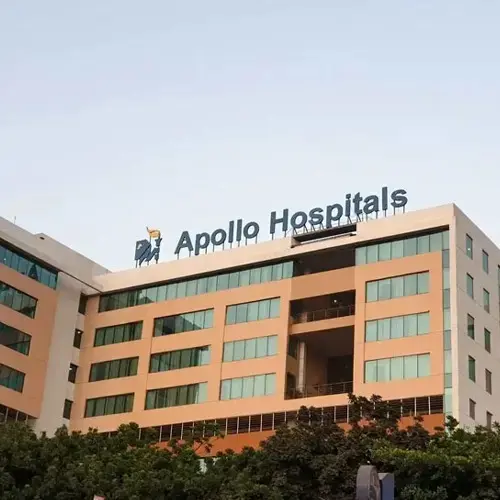
Apollo Hospital, Navi Mumbai
Navi Mumbai, IndiaApollo Hospitals in Navi Mumbai stands as one of Maharashtra's most advanced multi-speciality tertiary care… View More
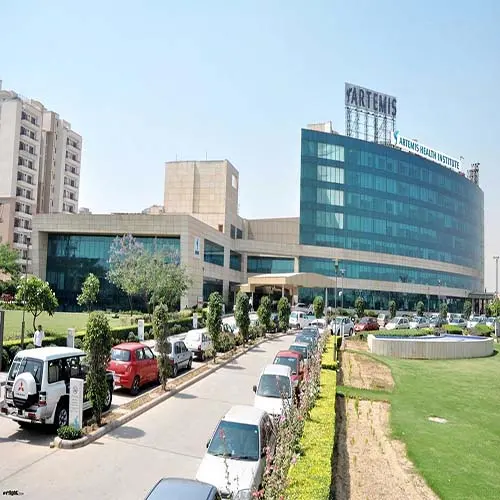
Artemis Hospital, Gurgaon
Gurgaon, India400+ Full-Time Doctors 12 Centers of Excellence 40+ SpecialtiesArtemis Hospital is a renowned multi-specialty hospital… View More

Apollo Hospitals, Greams Road, Chennai
Chennai, IndiaEstablished in 1983, Apollo Hospitals on Greams Road in Chennai stands as the flagship hospital… View More
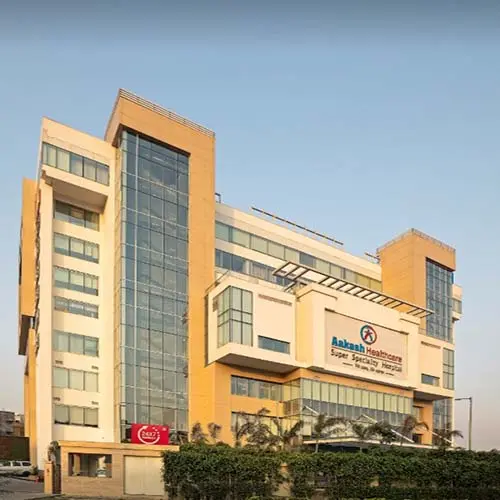
Aakash Healthcare Super Speciality Hospital, Dwarka
New Delhi, IndiaAakash Healthcare Super Speciality Hospital, a 230-bed tertiary care facility located in Dwarka, NCR of… View More
Book Appointment Chat Now
Amrita Hospital, Faridabad
Faridabad, India2600+ Bed Capacity 534 Critical Care Beds 81 SpecialitiesAmrita Hospital, Faridabad stands as a beacon… View More
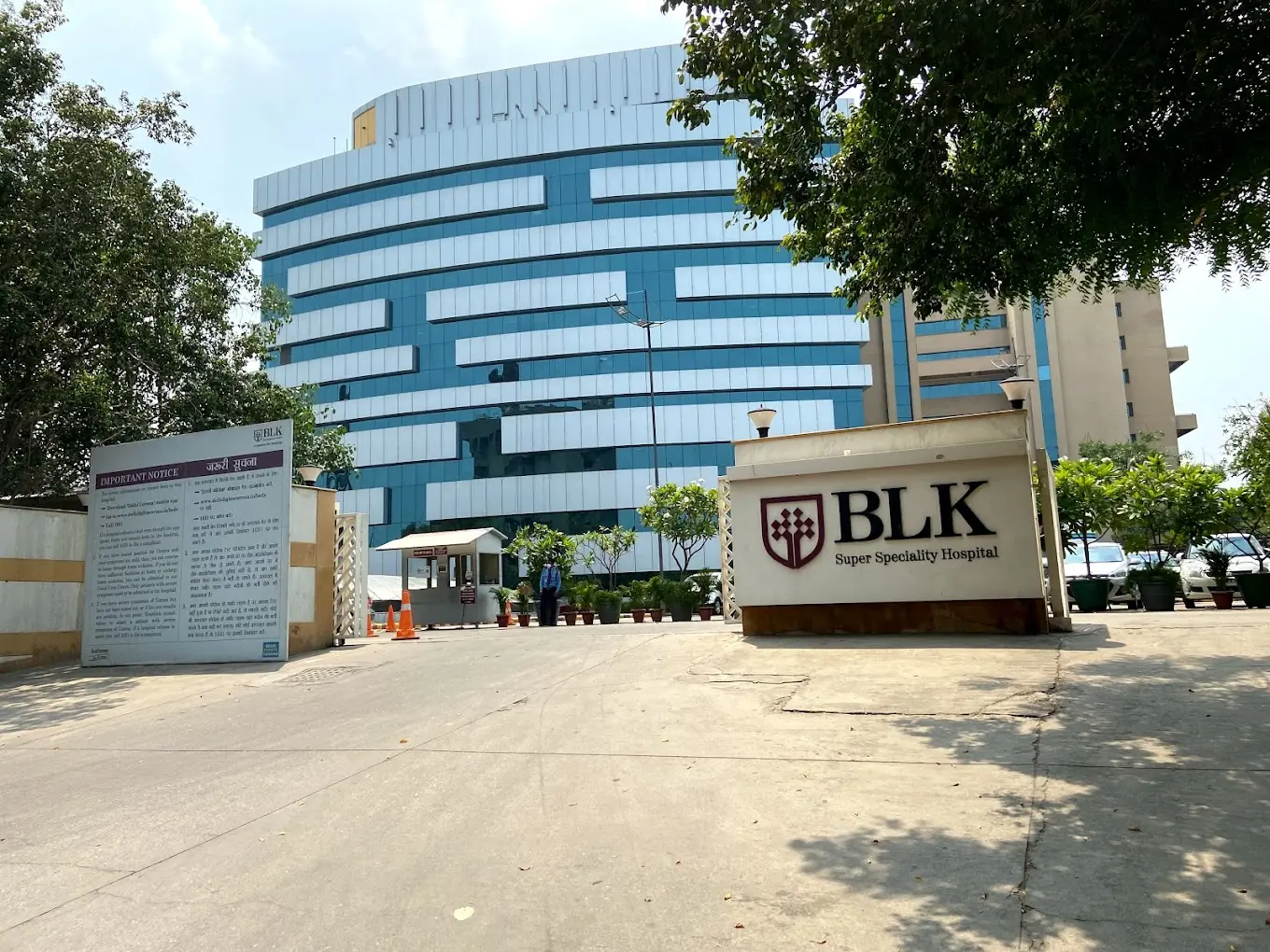
BLK-Max Super Speciality Hospital, Delhi
Delhi, IndiaBLK-Max Super Speciality Hospital, part of India’s largest healthcare network, spans an impressive 650,000 square… View More
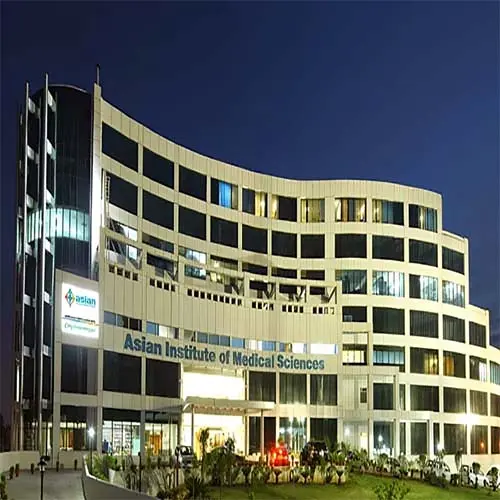
Asian Institute of Medical Science, Faridabad
Faridabad, IndiaThe Asian Institute of Medical Science is a top healthcare facility renowned for its excellence… View More
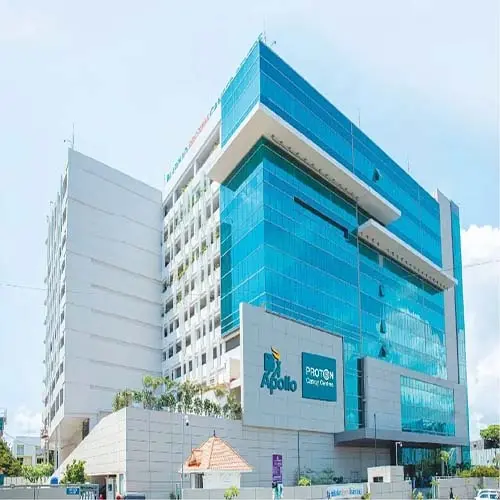
Apollo Proton Cancer Centre, Chennai
Chennai, IndiaThe Apollo Proton Cancer Centre (APCC) is India’s first and only dedicated proton therapy center… View More
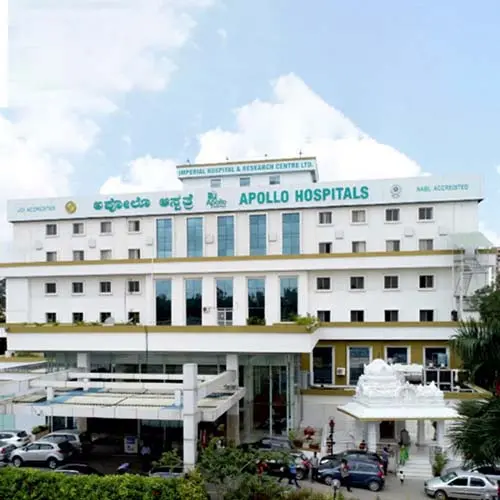
Apollo Hospitals, Bannerghatta Road, Bangalore
Bangalore, IndiaApollo Hospitals Bannerghatta Road is a renowned multi-specialty hospital in Bangalore, known for its excellence… View More
FAQs
HOSPIDIO plays a crucial role in facilitating international patients' access to high-quality surgical oncology treatments. Below are the key roles it performs:
Hospital Coordination: HOSPIDIO connects international patients with top accredited hospitals specializing in surgical oncology.
Logistical Support: It handles travel, visas, accommodation, and transportation, ensuring a hassle-free experience.
Cost Transparency: The agency offers clear pricing and financial guidance, leveraging India’s affordable treatment options.
Pre- and Post-Treatment Care: HOSPIDIO organizes consultations, diagnostics, and follow-ups, ensuring continuity of care.
Cultural and Language Assistance: It provides translators and culturally sensitive support for a comfortable experience.
Customized Plans: Tailored treatment plans are designed based on individual patient needs and preferences.
There are various challenges faced by surgical oncologists in treating advanced stage cancers are given below:
- Late Diagnosis
- Complex Surgeries
- Resistance to Treatment
- Patient Health
- Post-Surgical Complications
- Psychological Impact
The most common cancer treated through surgical oncology are:
- Breast Cancer: Most patients are treated through mastectomy or lumpectomy. Outcomes generally improve with early detection and less invasive procedures like breast-conserving surgery.
- Lung Cancer: More localized cancers are treated with surgical removal of tumors, usually via lobectomy or pneumonectomy. Success rates are higher in earlier stages, but advanced stages may present greater challenges.
- Colorectal Cancer: Surgery to remove tumors or affected parts of the colon, followed closely by chemotherapy, leads to better survival rates, particularly when performed at early stages.
- Gastrointestinal Cancer: Surgical resection of tumors in the stomach or esophagus offers the greatest chance for a cure if undertaken at an early stage. However, advanced stages require more complex techniques.
- Head and Neck Cancer: Resection or neck dissection is the most common approach. Success rates are higher in early-stage disease, but they decrease as the disease progresses.
- Ovarian Cancer: Debulking surgery, with or without chemotherapy, improves outcomes when performed at early stages.
The latest advancement in minimally invasive surgical oncology techniques include:
Robotic-Assisted Surgery: This technique significantly reduces complication rates and accelerates recovery through small incisions, allowing complex tumor removal with greater precision.
Laparoscopic Surgery: Performed through small incisions, this procedure removes tumors, leaving minimal scars and promoting faster recovery. It is most commonly applied in colorectal and gastrointestinal cancers.
Image-Guided Surgery: This technique uses three-dimensional imaging before, during, and after surgery for precise tumor removal, minimizing the risk of leaving behind any cancerous tissue.
Endoscopy: Tumor removal or biopsy is performed through natural body openings, avoiding large incisions, especially in gastrointestinal cancer cases.
Cryosurgery and Laser Surgery: These methods destroy tumors using extremely low temperatures or focused laser beams, offering minimally invasive treatments for cancers such as skin, lung, or non-metastatic prostate cancer.
Targeted and Molecular Therapies: When combined with surgery, these therapies provide enhanced precision for cancers with specific genetic markers, further improving treatment outcomes.
Surgical oncology success rates in India range from 70% to 90%, depending on the cancer type and stage, with outcomes comparable to leading global standards. India offers these high success rates at 60-70% lower costs than Western countries, while maintaining quality care.
